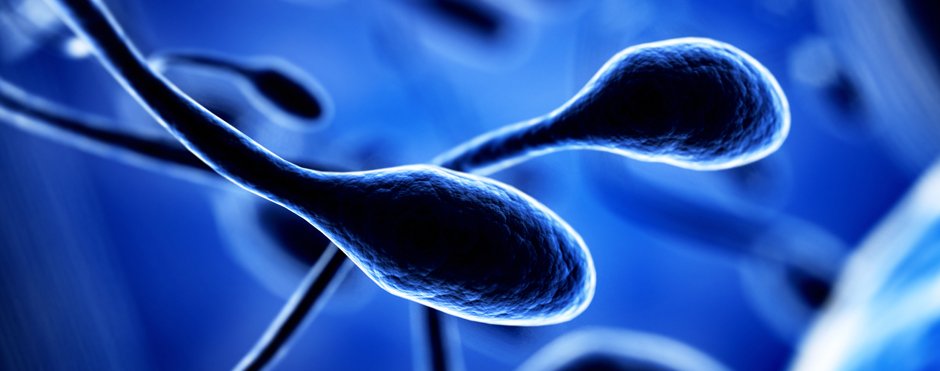Does paternal age affect embryonic genetics? IB Research for ESHG 2016.
The rate of embryonic aneuploidy is mainly associated with either maternal or paternal-related factors. Various studies have shown that maternal age is a key factor in the incidence of embryonic aneuploidy; however, the male factor could also play a significant role, particularly in patients with abnormal semen parameters and FISH in altered sperm cells. The effect of paternal age is not clearly established.
In this study that has been accepted by the scientific committee of the European Human Genetics Conference (ESHG), the semen parameters and FISH in sperm of 428 patients aged between 20 and 53 were determined. 31% of patients analyzed were found to have abnormal FISH in sperm. Patients over the age of 50 tended to show higher rates of sperm aneuploidy.
On the other hand, an analysis was carried out on 155 blastocysts from 51 oocytes from donor cycles, where the male partner had a normal FISH in sperm with the aim of assessing the effect of male age in the rates of embryonic aneuploidy bypassing the effect of maternal age and abnormal FISH. In this group of embryos, the increase of paternal age was not associated with an increase of either sperm or embryonic aneuploidy. Therefore, it can be said that elderly men are not at greater risk of producing offspring with chromosomal abnormalities.
PATERNAL AGE IS NOT RELATED TO THE INCIDENCE OF SPERM OR EMBRYONIC ANEUPLOIDY. J.A. Ortiz, B. Lledó, R. Morales, A. Fabregat, E. García-Hernandez, A. Rodriguez, J. Ll. Aparicio, R. Bernabeu.









